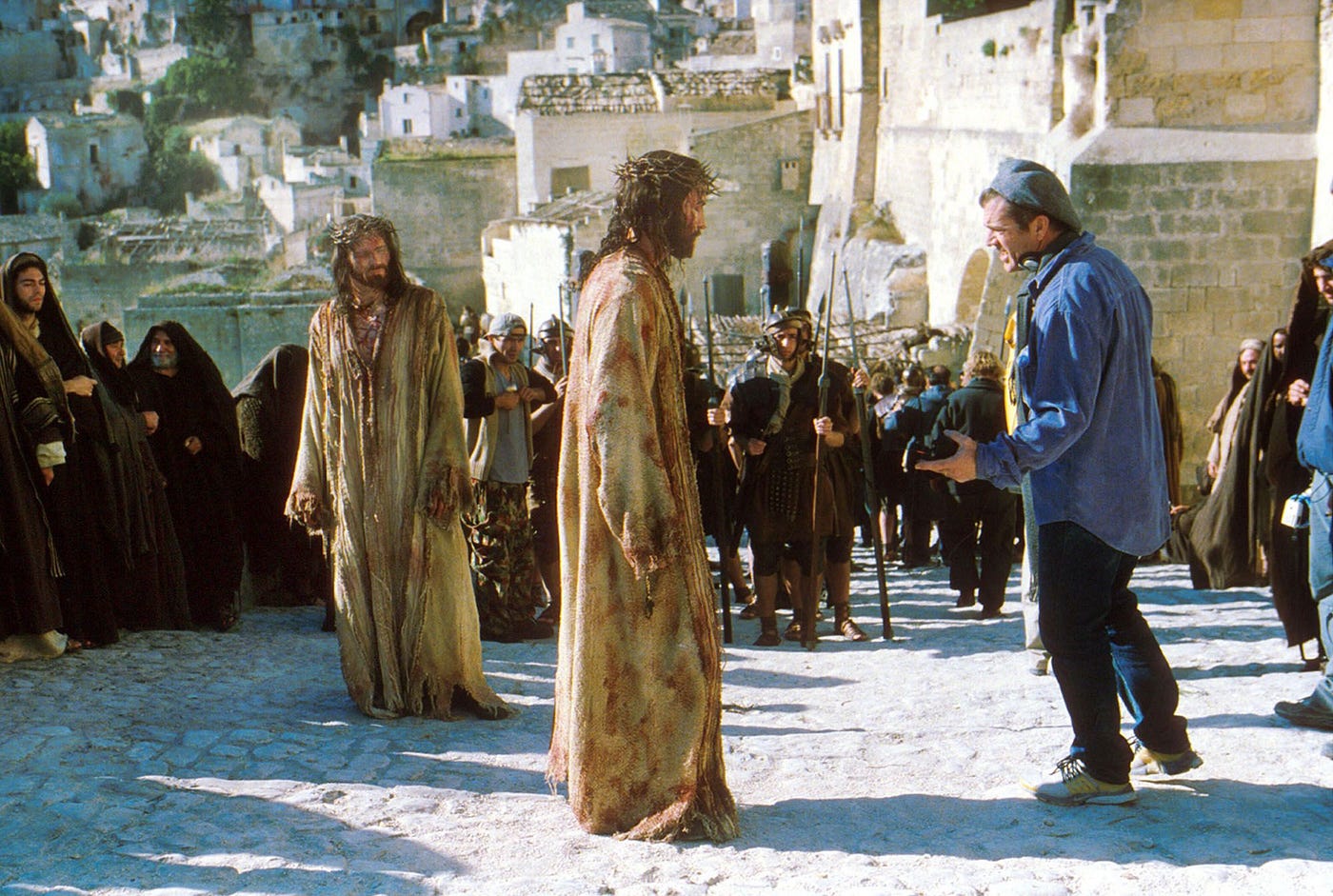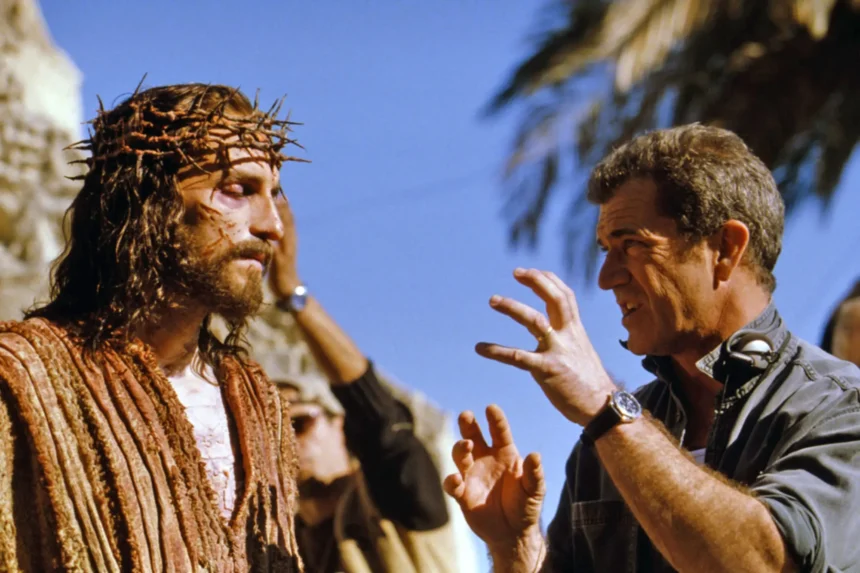After years of anticipation, Mel Gibson's sequel to The Passion of the Christ, titled Resurrection, is finally set to begin filming in early 2025. The original film, released in 2004, shocked audiences with its raw portrayal of Jesus' final days and grossed over $600 million worldwide, making it the highest-grossing R-rated film at the time. Now, almost two decades later, Gibson is returning with a vision that's bound to stir even more conversation.
One of the most intriguing aspects of Resurrection is its shift from a linear narrative to a more abstract and philosophical exploration. In fact, Gibson has hinted at the sequel being an “acid trip” — a bold and unexpected description for a biblical epic. This suggests that the film will delve deeply into the metaphysical, perhaps drawing comparisons to other visually ambitious films like The Tree of Life or 2001: A Space Odyssey. With Jesus' descent into hell as a central theme, Resurrection seems poised to break away from the traditional storytelling seen in religious films and offer something much more meditative and visually daring.
Script delays have been a hurdle, but after collaborating with Braveheart screenwriter Randall Wallace for several years and at least six different drafts, the screenplay was completed in April 2023. The story will focus on the 24 hours of Jesus' passion and the mysterious three days between his crucifixion and resurrection. Jim Caviezel is confirmed to reprise his role as Jesus, a casting decision that has excited fans eager to see his intense and iconic performance once again.
What makes this sequel particularly fascinating is its ambition to split into two films, as hinted by Gibson. If true, this could mean a much deeper dive into the spiritual and metaphysical themes, allowing Gibson more space to explore the complexity of Jesus' journey into the afterlife.
Given Gibson's past work, audiences should expect his signature use of visceral, often brutal realism. The Passion of the Christ was widely discussed for its intense violence, and Gibson's other works, like Apocalypto and Braveheart, only solidified his reputation for gripping, raw filmmaking. Resurrection will likely carry that same intensity, but this time layered with a deeper, more philosophical and visually arresting approach.
As fans and critics await the 2025 release, one thing is certain: Mel Gibson's Resurrection has all the elements to spark a new wave of conversation about religious cinema, offering an experience that could challenge perceptions and leave a lasting impact.













